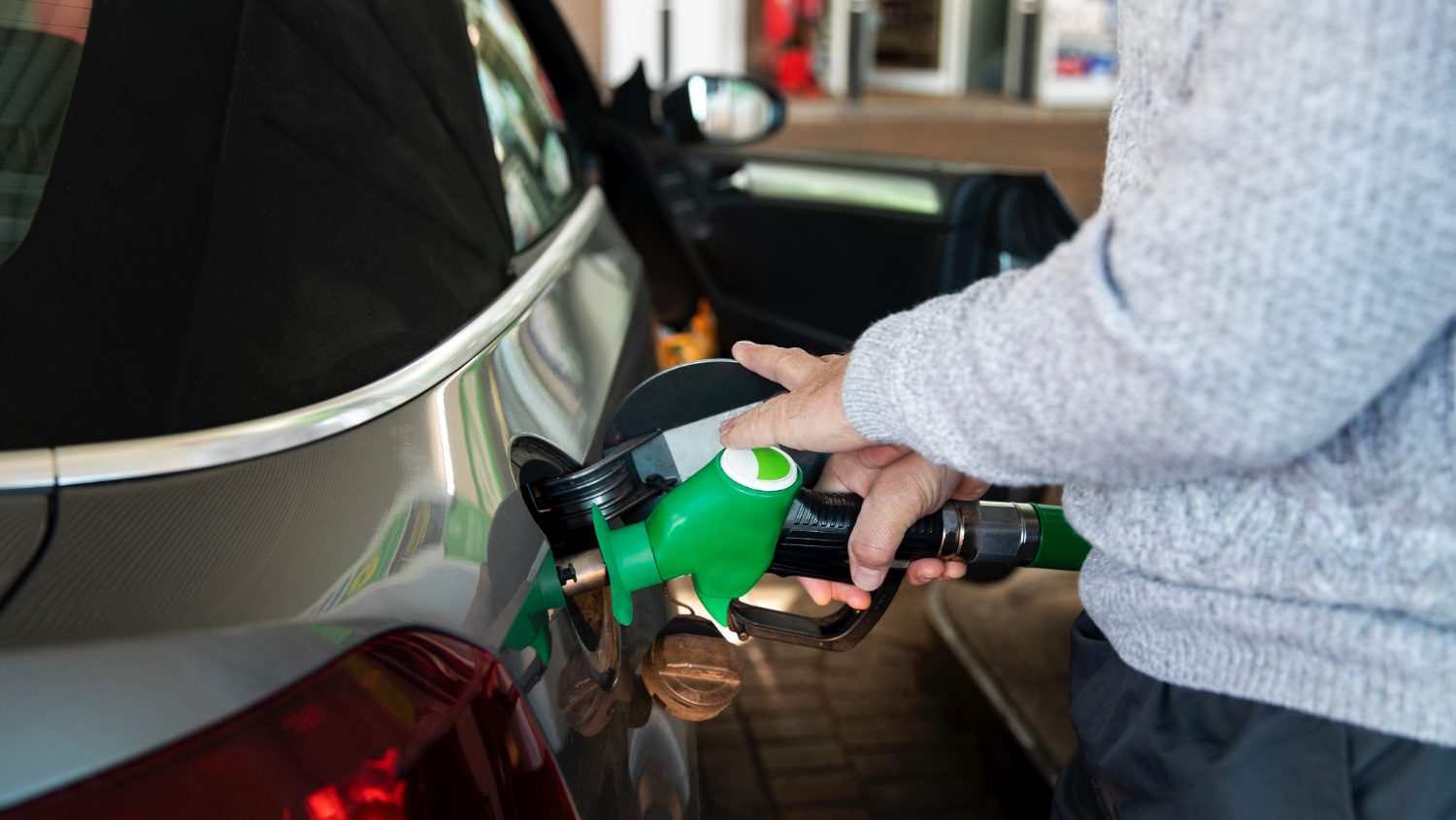MALAYSIA: Petrol station dealers in Malaysia can be fined up to RM1 million (S$305,000) or up to three years in jail if they sell subsidised fuel to foreigners. Foreigners, however, are quick to capitalize on this as they will face no punishment even though they would get caught.
Frustrated by the unfairness of the current system, where they face heavy penalties while foreign buyers go unpunished, petrol station dealers are urging the government to introduce laws that specifically penalise foreigners who purchase subsidised RON95 fuel. They argue that without legal consequences for the buyers, the problem will persist, as foreigners will continue to take advantage of the loophole.
Holding offenders accountable
Dealers believe that shifting the responsibility to the actual offenders, rather than punishing petrol stations, would create a fairer and more effective enforcement system. Petrol Dealers Association of Malaysia (PDAM), through the communication and media secretary Gordon Lim, called for the government to make it illegal for foreign vehicles to buy subsidised RON95 fuel and hold these violators accountable.
He explained that it is difficult for petrol dealers to monitor all customers, especially when foreign cars use pumps at the far end of stations and pay quickly with credit cards. “It is unfair to penalise petrol station dealers. The dealers do not want to sell RON95 to foreigners. The profit margin in such transactions is minimal, so it’s not practical or worthwhile to break the law,” said Lim in an article published in MSN Malaysia.
“As long as the buyers are not penalised, they will always keep trying,” he added, emphasizing the glaring problem: the buyers are the ones taking advantage of the legal oversight. Many believe that simply issuing warnings is not enough and that authorities need to take stronger action to deter such violations.
Violators caught on camera
The issue gained attention after videos showing foreign vehicles refuelling with RON95 in Johor Baru went viral. In response, the Johor Domestic Trade and Cost of Living Ministry reminded petrol stations that foreign cars are not allowed to buy subsidised fuel, with no repercussions to the foreign vehicle owner.
Lim stressed that the problem needs to be solved through proper enforcement rather than putting all the responsibility on petrol station dealers. He also pointed out that it is hard to identify foreign cars, as Singaporean number plates look similar to those from Sabah.
Suggestions to place attendants at every pump to monitor foreign buyers are not realistic, he said, as this would increase operational costs. Petrol stations already work on low-profit margins under the automatic pricing mechanism, and hiring more staff would lead to losses.
Lim added that relying on attendants would also mean hiring more foreign workers, as local Malaysians are generally not interested in such jobs. “It would also defeat the self-service policy at petrol stations,” he said in the same MSN article.
When asked if the upcoming fuel subsidy rationalisation would solve the problem, Lim said PDAM was still unclear about the details. However, if subsidies are completely removed, the issue would no longer exist.
The problem of Singapore-registered cars buying subsidised fuel has become more prevalent, especially with thousands of vehicles expected to enter the city during the Chinese New Year. The widely shared Johor video highlights a long-standing issue: foreigners repeatedly violate the law without consequences, while petrol dealers bear the burden.

